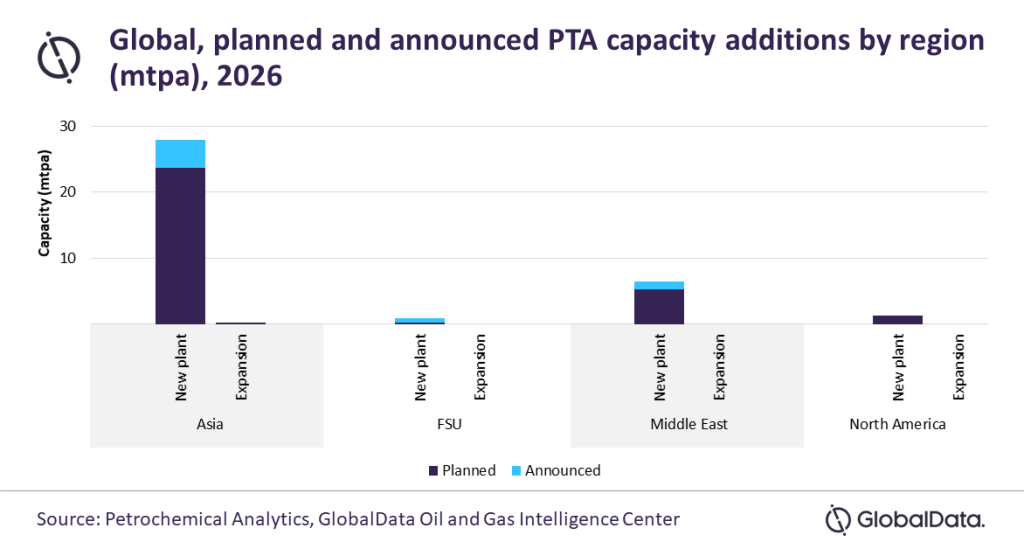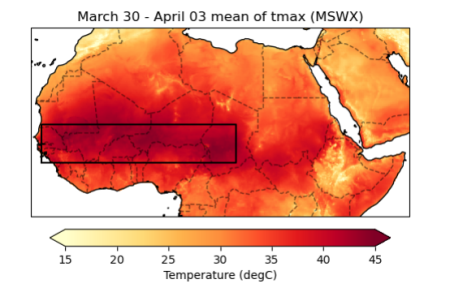
01 September 2016, Abuja – Nigeria’s economy came under renewed tension, yesterday, as fresh reports on key fundamentals, including Gross Domestic Product, GDP; inflation, employment/ unemployment, capital importation, among others, were worse than expected.
National Bureau of Statistics, NBS, said, yesterday, that Nigeria’s GDP at constant basic prices, contracted in the second quarter 2016 (Q2’16) by 2.06 per cent after shrinking 0.36 in Q1’16.
It said the non-oil sector declined due to a weaker currency, while lower prices dragged the oil sector down. A slump in crude prices, Nigeria’s mainstay, has depressed public finances and the value of the Naira, causing foreign exchange shortages. Crude sales account for about 70 per cent of government revenues.
But the Presidency has allayed the fears of Nigerians that the sharp drop in GDP, which had plunged the country into economic recession would not persist.
Compounding the impact of low oil prices, attacks by militants on oil and gas facilities in the southern Niger Delta hub, since the start of the year, has cut crude production by about 700,000 barrels per day (bpd) to 1.56 million bpd, against government’s 2016 budget assumption of 2.2 million bpd.
The statistics office said, yesterday, that annual inflation reached 17.1 per cent in July from 16.5 per cent in June, which is more than 10-year high, while food inflation rose to 15.8 per cent from 15.3.
Nigeria’s sovereign dollar bonds fell across the curve to their lowest value in more than two weeks after the NBS released its data.
The NBS figures showed Nigeria attracted just $647.1 million of capital in the second quarter, a 76 per cent fall year-on-year and 9 per cent down from the first quarter.
Nigeria’s economy was last in recession, for less than a year, in 1991, NBS data shows. It also experienced a prolonged recession from 1982 until 1984.
The naira remained at record low of N423 per dollar in the black market, as dollar shortages curb activity on the official inter-bank market where the currency was offered at rates as weak as 365.25 this month before gaining ground after Central Bank’s interventions.
The oil sector, the NBS said, contracted by -17.5 per cent year-on-year, compared with -1.9 per cent in the first quarter of 2016.
The non-oil sector contracted by -0.4 per cent year-on-year, compared with a contraction of -0.2 per cent recorded in the first quarter 2016. For the non-oil economy, manufacturing contracted by -3.4 per cent, compared with -7.0 per cent in the first quarter of 2016.
The slower contraction is attributed to base effects as foreign exchange sourcing issues are biting hard on manufacturers and power shortage was at its peak in the second quarter.
- Vanguard



